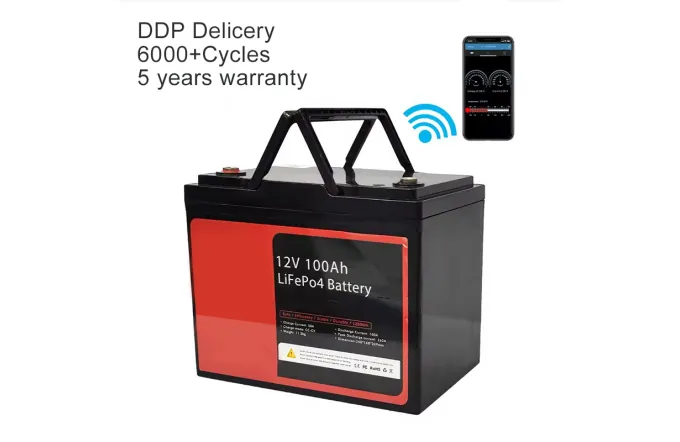How Does Solar Energy Storage Work?
Sep. 17, 2024
Solar energy storage is revolutionizing the way we harness the sun's power, allowing us to maximize efficiency and reduce reliance on fossil fuels. But how exactly does solar energy storage work? This article will delve into the intricacies of this innovative technology, shedding light on its mechanisms, benefits, and challenges.
At its core, solar energy storage systems are designed to capture excess energy produced by solar panels during daylight hours. This excess energy is typically stored in batteries for use during periods when solar generation is low, such as at night or on cloudy days. The most commonly used technology for solar energy storage is the lithium-ion battery, although there are other options like lead-acid batteries, flow batteries, and even thermal storage systems.
The process begins when sunlight hits the solar panels, converting solar energy into direct current (DC) electricity. This electricity can either be immediately used to power your home or fed into a battery storage system. When the solar energy production exceeds the home’s consumption, the surplus energy flows into the battery. The inverter plays a critical role here, converting the DC electricity produced by the solar panels into alternating current (AC) electricity for household use.
When energy needs rise or solar production wanes, the stored energy can then be utilized. During this discharge phase, the battery releases the stored energy back into the home, supplying power when it's needed the most. This ensures continuity in energy supply and can significantly lower electricity bills while providing backup power during outages.
One of the primary advantages of solar energy storage is energy independence. Homeowners can rely less on grid power, especially during peak electricity rates, where the cost per kilowatt-hour tends to spike. Additionally, combining solar panels with energy storage allows homeowners to become more resilient to power outages, giving them peace of mind during natural disasters or grid failures.
Related articles:10 Things You Need to Understand about Electric Vehicle Batteries
What is the Difference Between IMR, ICR, INR, and IFR 18650 Battery?
Top Tips for Exporting Single Phase String Inverters Successfully
How Does Can I Switch to Li-ion Batteries from NiMH Work?
Can I Replace NiCd Batteries with NiMH?
Key Questions to Ask When Choosing a 5kw Solar Panel System
10 Questions You Should Know about How Long Nickel Cadmium Batteries Last
Furthermore, the environmental impact of solar energy storage cannot be overlooked. By storing and using renewable energy, homeowners can contribute to a reduction in greenhouse gas emissions and support a transition to a more sustainable energy system. This makes solar energy an attractive option for eco-conscious individuals and families.
However, there are challenges associated with solar energy storage that should be noted. The initial investment for a solar energy storage system, particularly those utilizing advanced lithium-ion batteries, can be substantial. While prices have decreased in recent years, it’s crucial for potential buyers to consider their budget and energy needs before making a commitment.
Additionally, battery lifespan can vary based on usage patterns, with most lithium-ion batteries lasting between 5 to 15 years. Proper installation and maintenance are essential to maximize performance and longevity. Potential buyers should also explore warranties and manufacturer support to ensure peace of mind regarding their investment.
As technology continues to evolve, the efficiency and affordability of solar energy storage systems are expected to improve significantly. With advancements on the horizon, the future looks bright for solar energy, making it an increasingly viable option for energy storage. Homeowners are encouraged to research and engage with local solar providers to find the best solutions tailored to their energy needs.
Are you interested in learning more about Kete Battery, best time to replace motorcycle batteries, how long do golf cart batteries last?? Contact us today to secure an expert consultation!
Related articles:Camel Power (M) Sdn Bhd vs Competitors: Which Energizes Better?
What factors influence diamond grinding wheel dresser purchases?
How do Platinum Coated Titanium Anodes outperform traditional alternatives?
Top Reasons Your Golf Cart Battery Won't Hold a Charge
What to Know About Camel Energy Battle Creek MI
Battery Camel vs. Traditional Power Sources: What's Better?
Unlocking Value: How Camels Com Transforms Your Supply Chain Challenges
81
0
0
Related Articles
-
27
0
0
-
Mastering OHIO 800 Engraving Stylus: Tips & Tricks Revealed!
Mastering OHIO 800 Engraving Stylus: Tips & Tricks Revealed!
29
0
0
-
16
0
0
-
23
0
0
-
24
0
0





Comments
All Comments (0)